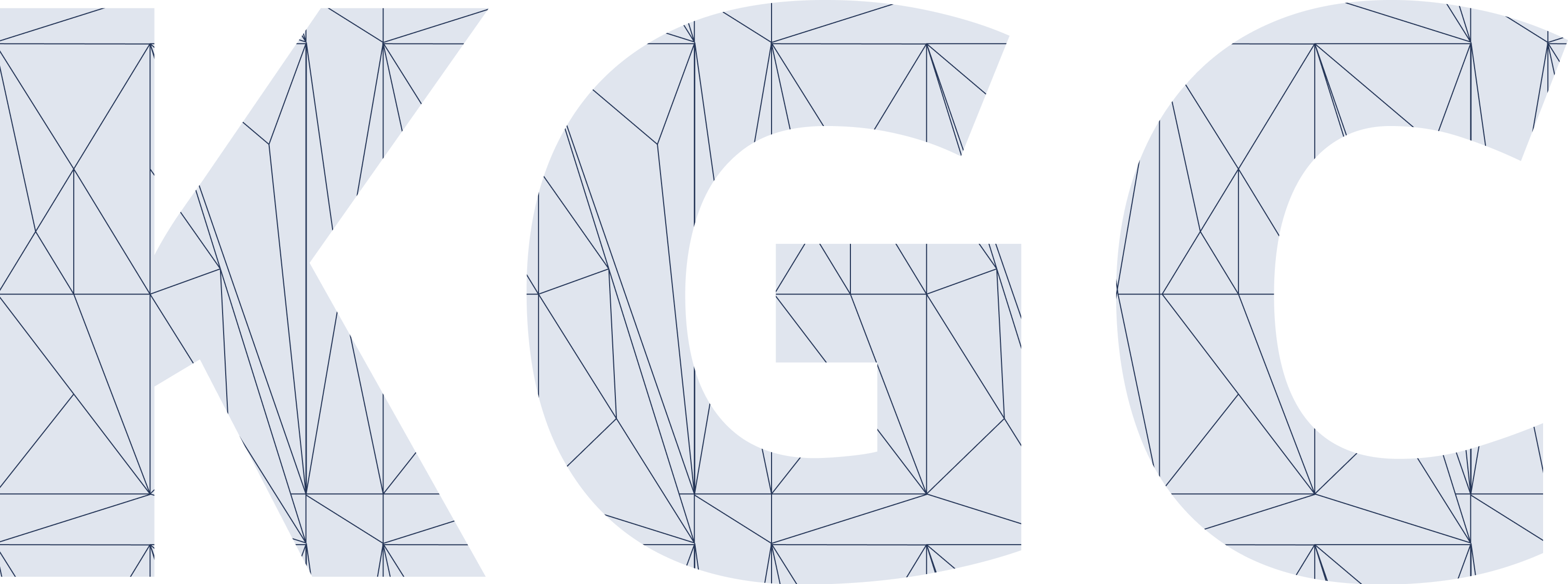Jan Hidders
Jan Hidders is currently lecturer at Birkbeck, University of London. Before this he was associate professor at the Vrije Universiteit Brussel, and assistant professor at the Delft University of Technology. In the past his research has focused on data management, and specifically on three types of data models: graph data models, JSON and conceptual data models such as Entity-Relationship models and fact-based models such as ORM2. For graph data models ha has studied graph query languages, both theoretically to investigate their expressive powers, but also practically to see how they can be effectively and efficiently implemented, both in distributed and non-distributed settings. He is currently co-chairing the Property Graph Schema Working Group, that is managed under LDBC, the Linked Data Benchmarking Council, and a member of the board of directors of LDBC representing Birkbeck college.
2021 Talk: A Report from the Property Graph Schema Working Group
The Property Graph Schema Working Group (PGSWG) is an informal working group that was set up in 2018 under the umbrella of LDBC, the Linked Data Benchmark Council, to support the formal working group that works on the SQL/PGQ and GQL, the upcoming ISO/IEC standards for managing property graphs. The PGSWG overlaps partially with the formal working group and consists of around 60 members from academia as well as industry. The academic members come from different research domains, including data storage, data management, query languages, query optimization, programming languages, data modeling and Semantic Web. The industrial partners come from companies such as TigerGraph, Neo4j, Amazon, FactGem, Google, Redis, Ant Group, Memgraph and Uber. The goal of PGSWG is to discuss the Property Graph data model and the schema language that will describe instances of this data model, both in the context of the SQL extension and outside of it. Discussions in the group cover topics such as the basic Property Graph data model, property types, subtyping, null values, key constraints and cardinality constraints. In this presentation we will give a brief overview of the history of this working group, the current status of its discussions and where they might be going in the near future.

